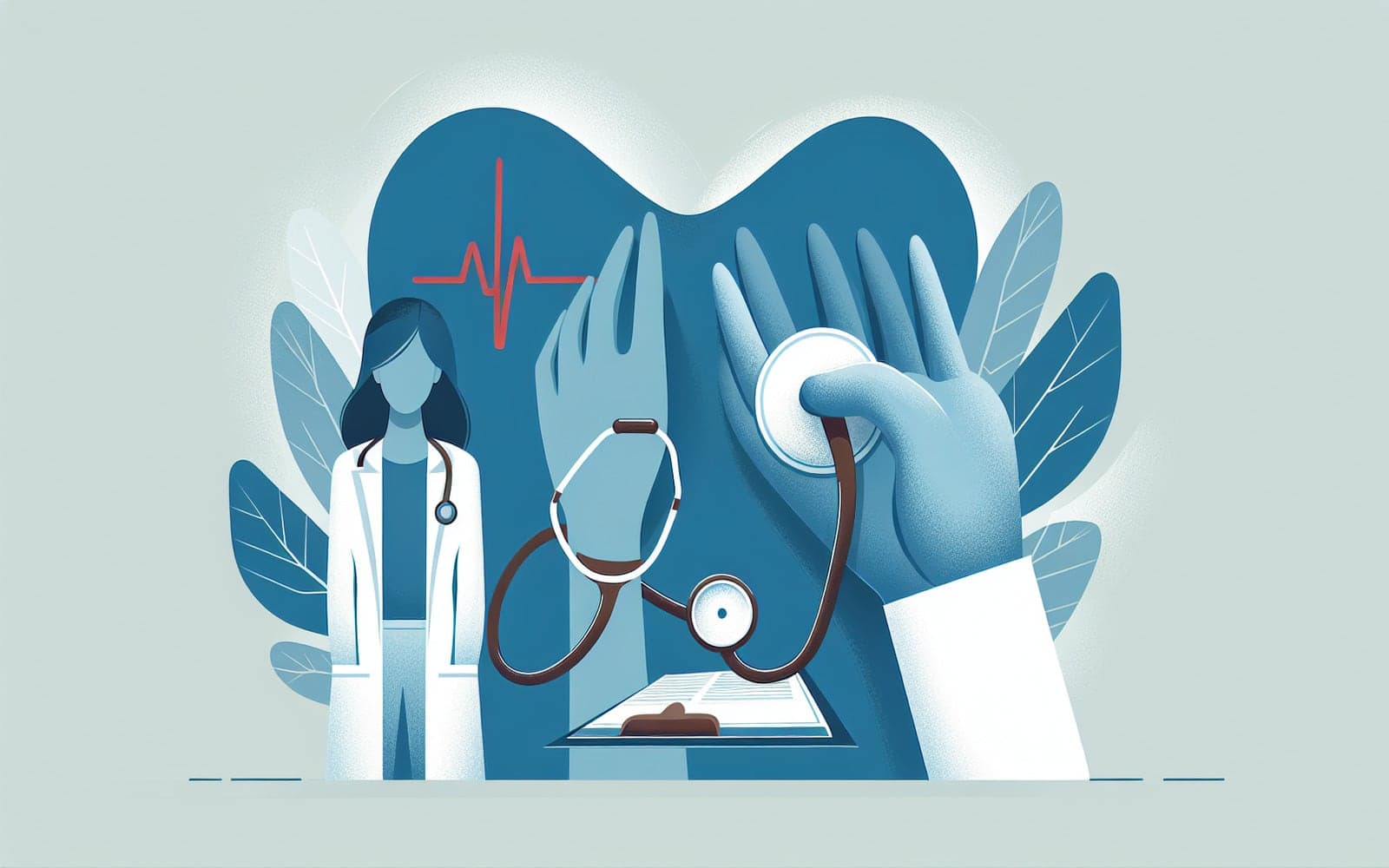How Do Doctors Diagnose a Stroke?
Published: Jun 05, 2024
Diagnosing a stroke is like solving a medical mystery. Doctors use a combination of physical exams, patient history, and advanced imaging to piece together the puzzle. Quick and accurate diagnosis is crucial for effective treatment.
Contents
The Initial Assessment: Act FAST
When a potential stroke patient arrives, time is brain. Doctors first use the FAST method: checking for Face drooping, Arm weakness, Speech difficulties, and Time of symptom onset. They'll also check vital signs and perform a quick neurological exam. This initial assessment helps determine if it's likely a stroke and how urgent the situation is.
Imaging: Looking Inside the Brain
Brain imaging is the cornerstone of stroke diagnosis. CT scans, like a 3D X-ray of the brain, can quickly rule out bleeding (hemorrhagic stroke). MRI scans provide more detailed images and can detect ischemic strokes earlier. These scans are like taking a picture of the crime scene in the brain, showing doctors exactly what's going on.

Additional Tests: Digging Deeper
Depending on the situation, doctors may order additional tests. Blood tests can check for infection or clotting disorders. An ECG might be done to check for heart problems that could have caused a stroke. Sometimes, doctors use special imaging of the neck and brain blood vessels to look for blockages or abnormalities.
Frequently Asked Questions
Initial assessments can be done in minutes.
Some early ischemic strokes may not show up.
Blood tests help rule out other conditions.
Key Takeaways
Accurate stroke diagnosis combines clinical skills with advanced technology for the best patient outcomes.
Curious about stroke diagnosis? Ask Doctronic about the latest diagnostic techniques.
